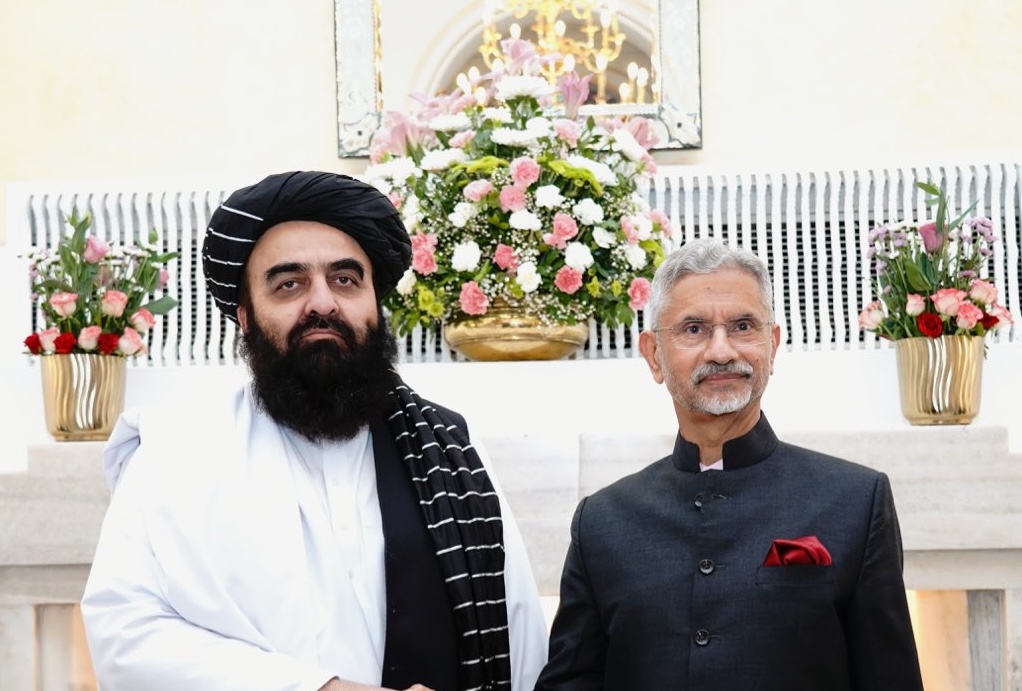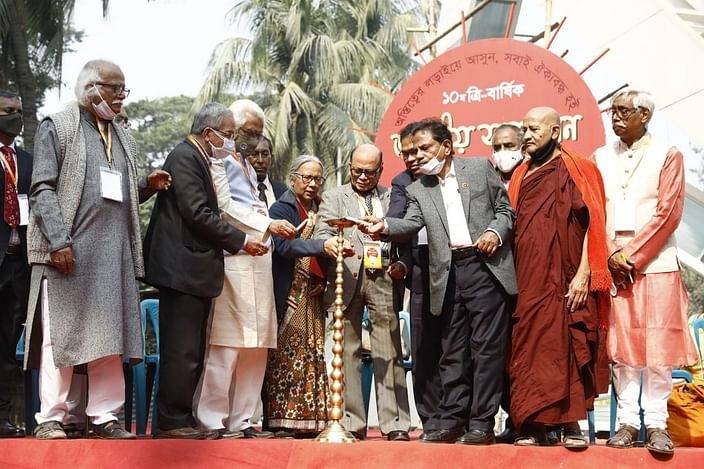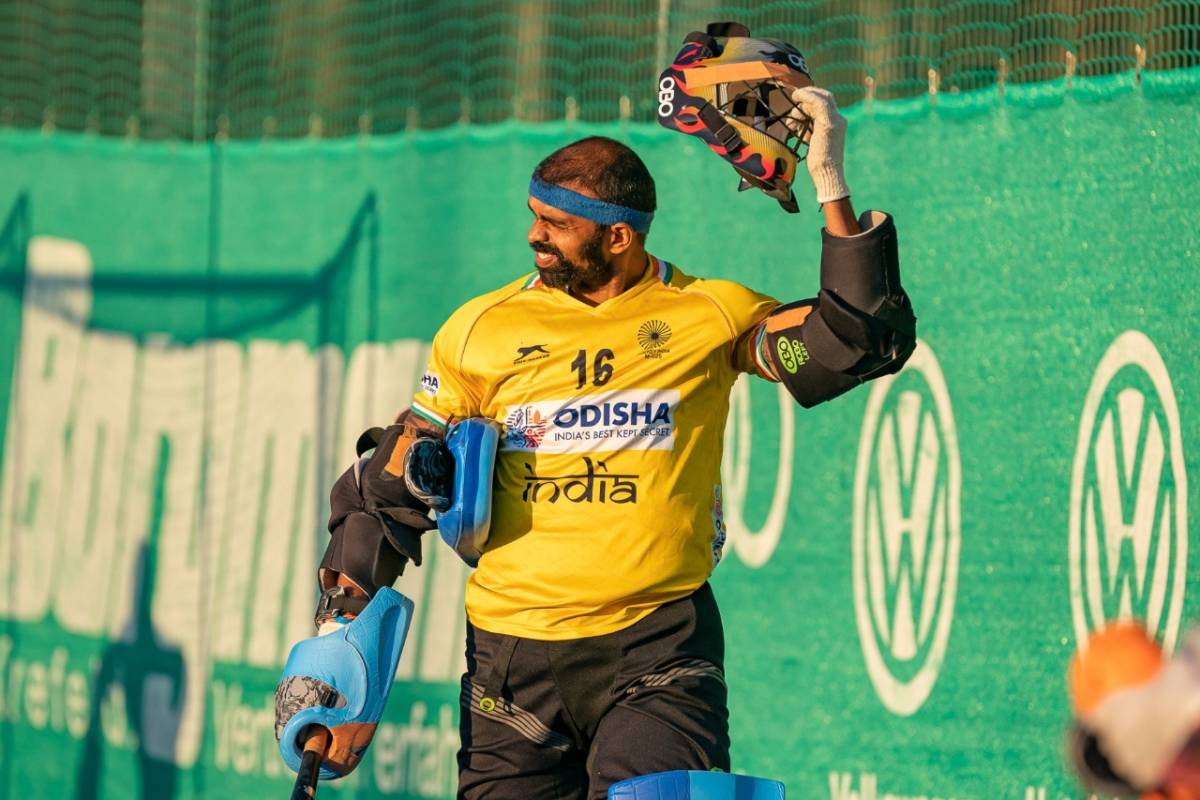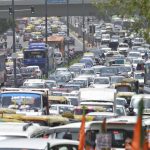Up to January 15, no physical rallies roadshows, padyatras, or vehicle rallies will be allowed keeping in view the pandemic situation, reports Asian Lite News
Spanned over seven phases, the elections to five states Assemblies — Uttar Pradesh, Uttarakhand, Gao, Punjab and Manipur — would be held from February 10 to March 7, and the counting of votes will take place on March 10, the Election Commission of India announced on Saturday.
Uttar Pradesh will go to polls on February 10, 14, 20, 23 and March 3 and 7; Punjab, Goa and Uttarakhand would vote on February 14; while Manipur will vote in two phases on February 27 and March 3, said Chief Election Commissioner Sudhir Chandra .
The elections would be held following full Covid protocols.
Up to January 15, no physical rallies roadshows, padyatras, or vehicle rallies will be allowed keeping in view the pandemic situation. All parties have been advised to conduct campaigns in virtual mode.
Invoking Aarticle 171 (1), Chandra said that the Assembly tenure has to end in five years and, therefore, elections are necessary.
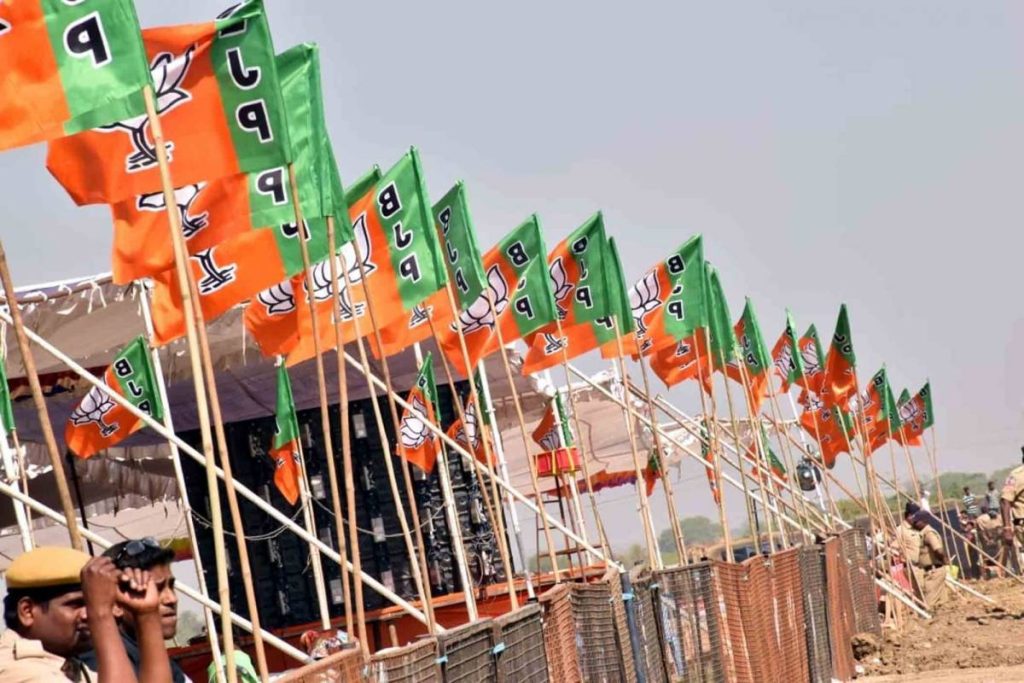
As per the Covid protocols for conducting elections, all elections officials will be double vaccinated, will be given a booster dose and will also be treated as frontline workers. Booths would be fully sanitised and there will be adequate gloves, sanitizers etc for the polling staff.
More than 15 crore people in the five poll-bound states have received the first dose of the vaccine, while nine crore people have received both the shots.
ALSO READ: Uttar Pradesh has 39,598 voters above 100 years of age
Polling time has been increased by one hour in all the states.
The final electoral rolls were published on January 5. There are a total of 18.34 crore voters, including service voters. Of these, 8.55 crore are women. The EC has made an effort to increase the number of voters and as a result, all states have seen an increase, with the maximum voter increase in Uttar Pradesh.
There are a total of 24.5 lakh first time electors and 30.47 lakh senior citizens. The EC has capped the number of voters per booth to 1,250, resulting in an increase in the number of polling stations to 30,334 as the average number of voters per polling booth has decreased.
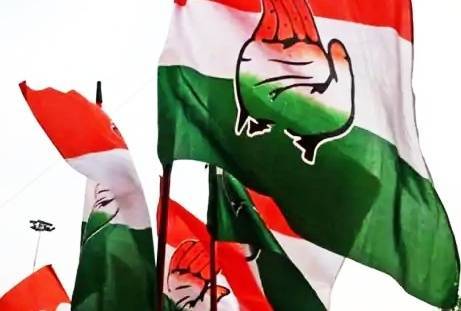
At least one booth in each Assembly constituency will be managed exclusively by women, Chandra said.
“It will now be mandatory to publish criminal records of candidates minimum three times in local newspapers and television channels. Even the parties are expected to do so with their candidates,” he said.
Earlier, Chandra said that the Commission has set out three goals for these elections: Covid-free elections, hassle-free voting experience and maximum participation by voters.
The preparations have been going on for at least six months with EC teams visiting poll-bound states.
ALSO READ: Modi’s Rs 2,097 crore poll bonanza




